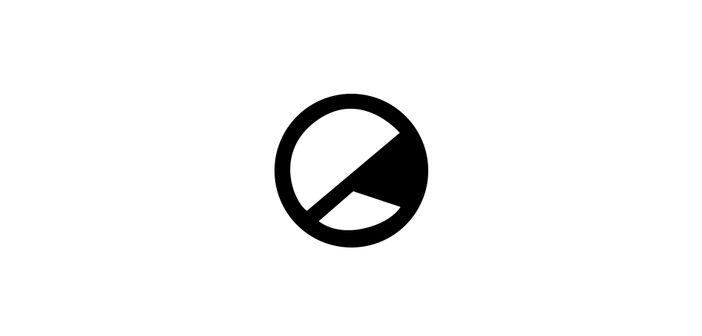When the Amazon Kindle was released in 2007, the world of reading changed forever. Though e-books and e-readers have existed in some form or other for decades, Amazon’s innovative design with no backlight, boasting a reading experience akin to that of reading from actual paper, launched a new age for readers: we could now carry hundreds of titles in a single lightweight device, with a battery life which lasted for days or even weeks on a single charge. This revolutionised the way we read and bought books, as along with the Kindle came the Kindle Store, the one-stop shop for any of the millions of titles on offer. Whereas you might pay £7.99 for an average paperback, many Kindle e-books retailed at less than £5, some costing as little as £0.99 or even nothing at all. The popularity of the Kindle was evident right from its launch – when the first-generation Kindle was released in the US, it sold out in 5.5 hours, and was consequently unavailable for months afterwards. Considering its hefty price of $399, this overwhelming demand is remarkable, and the Kindle has continued to lead the world of e-books as new editions of the device continue to be released, more popular than its competitors like Apple Books and the Nook e-reader, whose digital content was discontinued in the UK in 2016. This impressive rise of the e-book over the past 12 years has led to a crucial and divisive debate: how does it stand up to reading a physical book?
Many diehard fans of ink on paper see e-books as absolute blasphemy. ‘There’s nothing like the feel of turning a page, or the smell of the paper,’ you hear them say. To a large extent, I absolutely agree. There’s nothing quite like the smell of a new book, and likewise there’s nothing like the completely different smell of a really old book. Holding a physical book in your hands, seeing the progress you are making as you turn page after page, there’s more satisfaction to be had there. The image of settling down under a blanket with a cup of tea and an e-reader is not as appealing as settling down with your latest paperback or hardback purchase. But what about books that you know you are only going to read once? And what about physical books that are ridiculously expensive for no good reason (basically every hardback at retail price). This is where e-books really come into play for me, and as much as I love and often prefer reading physical books, I wouldn’t want to be without my beloved Kindle either.
Cost and ease are only two of the many perks to digital reading. There is also the environmental factor – if you buy a physical book, only to read it once and then chuck it, an excessive circulation of paper is produced which could be reduced with e-books. And there is now even a social aspect involved in the form of Goodreads. Founded in 2006, Goodreads is a ‘social cataloguing’ website, on which users can rate and log books they have read, as well as receive recommendations for future reads. In 2013, Amazon acquired Goodreads, expanding their digital reading empire, and the website now incorporates social media platforms in the way it runs. You can link your Goodreads account with accounts on platforms like Facebook and Twitter, importing contacts to your Goodreads ‘friends’ list and allows your ‘friends’ on social media to see what you are reading or how you have rated a book. With some platforms, there is the option to allow Goodreads to post directly onto your account, such as your Facebook timeline. Since Amazon acquired the site, Goodreads has even been integrated into certain Kindles, including the Kindle Paperwhite (2nd generation onwards) and the Kindle Voyage. Authors and publishers have even seized the opportunity to advertise their work through Goodreads through publishing interviews and running competitions; they have clearly recognised the lucrativeness of social media advertising.
Is this step into the digital world a positive thing? It certainly doesn’t seem like print books are going anywhere anytime soon: 2016 saw a rise in print sales for the first time in four years, as well as the first drop in e-book sales in seven years. As for social media, whilst it can be useful to see certain book recommendations and ratings from my ‘friends’ on various platforms, I’m not particularly interested in knowing what distant acquaintances I haven’t spoken to in two years are reading right now. There is no doubt that e-books and Kindles, and even sites like Goodreads, have found their place in our technologically-savvy society, but it is by no means time to neglect the printed book, and nor should it ever be.



